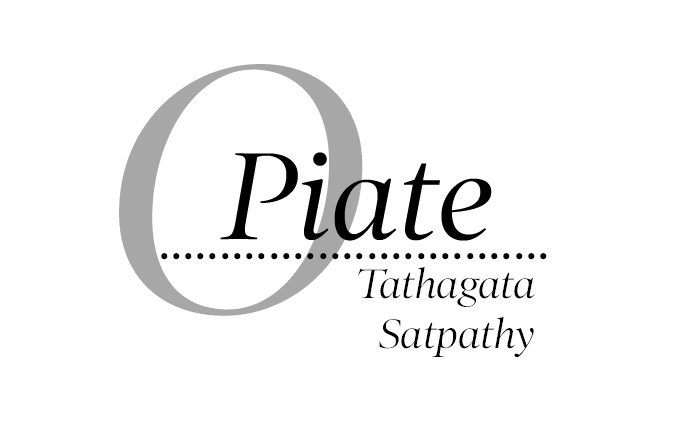The controversy surrounding the Supreme Court’s insistence on the Collegium system, which is publicly being kept alive by Union Law Minister Kiren Rijiju through his daily statements to the media, is indeed very interesting to watch. Rijiju, on a daily basis, is attacking the Collegium system under very many pretexts. For example, he had recently said that choosing Judges for the High Courts and the Supreme Court is a time consuming exercise that the Hon’ble Judges need not undertake. It would save their valuable time, he claimed. What he meant, obviously, was that the prerogative of choosing ‘committed’ Judges best be left to his Master alone. In response, the SC Collegium set a new precedent by asking the Central government to give seniority to reiterated names over new proposals that the government had sent to the Court. The Collegium not only set a new precedent but made it amply clear that it was prepared to go all the way on a collision course.
Watching Rijiju perform his acrobatics in clear synchronization to what Prime Minister Modi’s tune is playing is unfortunate just because the government has thought it fit to get itself exposed on such an undemocratic move. Supporters would certainly bandy around the excuse that even former Prime Minister late Indira Gandhi had sought to control the judiciary during the Emergency of the mid 1970s. That counter argument is precisely what the people of this country should not be desirous of listening.
It is the people who voted out the Congress because of all the wrong doings of the past. Therefore it is but natural to expect that the new formation (now old by nearly 9 years!) would make every effort possible to ensure no evil of the past, no matter how attractive it may seem in current times, is allowed to be raised from the grave and offered life again. Giving excuses that the past government had resorted to this or that wrong act and so it is being repeated presently defeats the very purpose of changing political parties to form new governments after elections. And as for the bit of transparency brought about by the SC in the matter of putting up the police and intelligence reports on the judges under consideration in public domain, it would have been wise for Rijiju to appreciate the move of the Apex Court instead of criticizing it. His government should take a leaf or two from what the Court has done.
The idea of a ‘committed judiciary’ is in itself a very deadly thought in any democracy. It is interesting to note how the supporters of the present BJP government at the Center hit out at all those who dared to show even simple curiosity about the currently controversial BBC documentary on the Gujarat riots of 2002 and the role played in it by today’s most prominent politicians. All, barring none, hit back by saying that how come the opponents of the government do not pay heed to the ‘clean chit’ given to PM Modi by the Supreme Court but prefer to appreciate what their former colonial masters are dishing out.
This implies the Supreme Court does cater to all whims and fancies at some point of time or the other. Now it may be the ‘other’ time! Yet, Rijiju is on record saying: “If Judges are involved in identifying the next judges, which is an administrative job, it will definitely have an adverse impact on their duty as a judge. Collegium system has kept the senior judges extremely busy in picking the next judges.” Without refuting Rijiju on any of his many recent opinions regarding the futility of continuing the Collegium system and his support for the National Judicial Appointments Commission (NJAC) in which members will include the Chief Justice of India (ex officio chairperson) along with the Union Law Minister, Leader of the largest Opposition party in Parliament and two other prominent citizens (without doubt to be nominated by the Central government), one may wonder if this will be the done thing for all and every such appointments.
If this does become truly the accepted norm, then it could safely be said that prior to the formation of the Union Cabinet, the Prime Minister-elect should also confer with the CJI, Leader of the second largest party in the Lok Sabha and two prominent individuals to be chosen on merit for short listing of new ministers. Similarly, every Chief Minister in every state would be required to do the same. Only after this exercise is resolved should the President for the Union and the respective Governor for the state accept to swear in the new cabinet and all its ministers.
Well, there needs to be a serious rethink.
